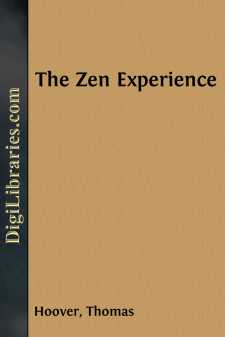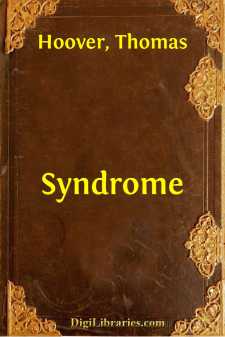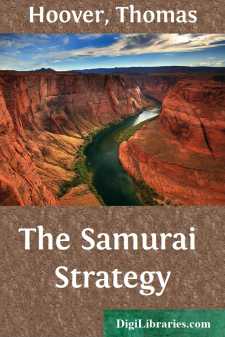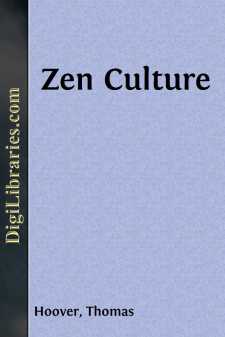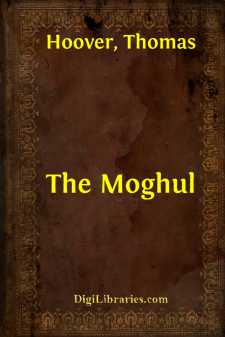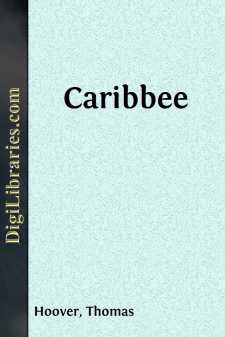Categories
- Antiques & Collectibles 13
- Architecture 36
- Art 48
- Bibles 22
- Biography & Autobiography 813
- Body, Mind & Spirit 142
- Business & Economics 28
- Children's Books 15
- Children's Fiction 12
- Computers 4
- Cooking 94
- Crafts & Hobbies 4
- Drama 346
- Education 46
- Family & Relationships 57
- Fiction 11828
- Games 19
- Gardening 17
- Health & Fitness 34
- History 1377
- House & Home 1
- Humor 147
- Juvenile Fiction 1873
- Juvenile Nonfiction 202
- Language Arts & Disciplines 88
- Law 16
- Literary Collections 686
- Literary Criticism 179
- Mathematics 13
- Medical 41
- Music 40
- Nature 179
- Non-Classifiable 1768
- Performing Arts 7
- Periodicals 1453
- Philosophy 64
- Photography 2
- Poetry 896
- Political Science 203
- Psychology 42
- Reference 154
- Religion 513
- Science 126
- Self-Help 84
- Social Science 81
- Sports & Recreation 34
- Study Aids 3
- Technology & Engineering 59
- Transportation 23
- Travel 463
- True Crime 29
The Zen Experience
by: Thomas Hoover
Description:
Excerpt
PREFACE TO ZEN
Lao Tzu, Buddha, Confucius
Some call it "seeing," some call it "knowing," and some describe it in religious terms. Whatever the name, it is our reach for a new level of consciousness. Of the many forms this search has taken, perhaps the most intriguing is Zen. Growing out of the wisdom of China, India, and Japan, Zen became a powerful movement to explore the lesser-known reaches of the human mind. Today Zen has come westward, where we are rediscovering modern significance in its ancient insights. This book is an attempt to encounter Zen in its purest form, by returning to the greatest Zen masters.
Zen teachings often appear deceptively simple. This misconception is compounded by the Zen claim that explanations are meaningless. They are, of course, but merely because genuine Zen insights can arise only from individual experience. And although our experience can be described and even analyzed, it cannot be transmitted or shared. At most, the "teachings" of Zen can only clear the way to our deeper consciousness. The rest is up to us.
Zen is based on the recognition of two incompatible types of thought: rational and intuitive. Rationality employs language, logic, reason. Its precepts can be taught. Intuitive knowledge, however, is different. It lurks embedded in our consciousness, beyond words. Unlike rational thought, intuition cannot be "taught" or even turned on. In fact, it is impossible to find or manipulate this intuitive consciousness using our rational mind—any more than we can grasp our own hand or see our own eye.
The Zen masters devised ways to reach this repressed area of human consciousness. Some of their techniques—like meditation—were borrowed from Indian Buddhism, and some—like their antirational paradoxes—may have been learned from Chinese Taoists. But other inventions, like their jarring shouts and blows, emerged from their own experience. Throughout it all, however, their words and actions were only a means, never an end.
That end is an intuitive realization of a single great insight—that we and the world around are one, both part of a larger encompassing absolute. Our rational intellect merely obscures this truth, and consequently we must shut it off, if only for a moment. Rationality constrains our mind; intuition releases it.
The irony is that the person glimpsing this moment of higher consciousness, this Oneness, encounters the ultimate realization that there is nothing to realize. The world is still there, unchanged. But the difference is that it is now an extension of our consciousness, seen directly and not analytically. And since it is redundant to be attached to something already a part of you, there is a sudden sense of freedom from our agonizing bondage to things.
Along with this also comes release from the constraints of artificial values. Creating systems and categories is not unlike counting the colors of a rainbow—both merely detract from our experience of reality, while at the same time limiting our appreciation of the world's richness....


